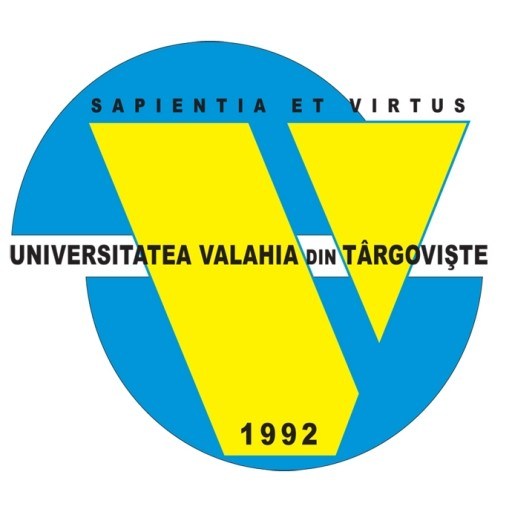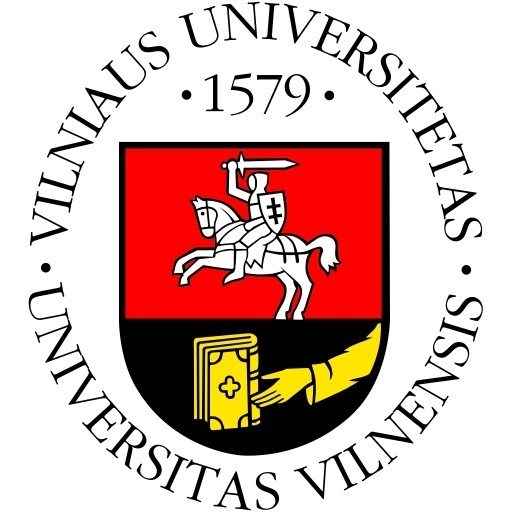Indigenous Studies at UiT The Arctic University of Norway offers a comprehensive and multidisciplinary program dedicated to exploring the diverse cultures, histories, languages, and contemporary issues faced by Indigenous peoples, particularly those in Arctic regions. The program is designed to provide students with an in-depth understanding of Indigenous worldviews, traditions, political struggles, and rights, emphasizing the importance of Indigenous knowledge systems in fostering sustainable development and social justice. Through a combination of lectures, seminars, research projects, and fieldwork, students gain valuable insights into the cultural heritage and contemporary challenges of Indigenous communities in Norway, Scandinavia, and across the Arctic. The curriculum covers areas such as Indigenous languages, anthropology, history, political science, and environmental studies, promoting critical thinking and intercultural competence. Students are encouraged to engage with Indigenous communities and organizations to develop practical skills and ensure their studies have real-world relevance. The program aims to prepare graduates for careers in academia, research, policy-making, Indigenous rights advocacy, and intercultural communication, contributing to the preservation and promotion of Indigenous cultures and rights worldwide. With a dedicated faculty of experts in Indigenous issues and Arctic studies, the program fosters an inclusive academic environment that values Indigenous perspectives and collaborative research. Graduates will be equipped to participate meaningfully in discussions about Indigenous sovereignty, cultural preservation, and sustainable development, working towards greater understanding and respect among diverse communities. The Indigenous Studies program at UiT emphasizes a commitment to social justice, cultural diversity, and intercultural dialogue, making it an ideal choice for students passionate about making a positive impact on Indigenous peoples and Arctic communities through informed and empathetic engagement.
The Bachelor's degree in Indigenous Studies at UiT The Arctic University of Norway offers a comprehensive and interdisciplinary education focused on the cultures, histories, and contemporary issues faced by Indigenous peoples, particularly those in the Arctic region. The program aims to provide students with a deep understanding of Indigenous communities’ ways of life, their social and political realities, and their connection to the land and environment. Throughout the coursework, students explore various themes such as Indigenous knowledge systems, language preservation, sovereignty movements, human rights, and sustainable development.
The curriculum combines theoretical frameworks with practical insights, encouraging students to critically analyze historical processes, colonial legacies, and current policy challenges impacting Indigenous populations. Students engage with a wide range of disciplines including anthropology, history, political science, and environmental studies, enabling a multidisciplinary approach to Indigenous issues. Fieldwork, community engagement, and project-based learning are integral parts of the program, providing students with opportunities to interact directly with Indigenous communities and organizations.
In addition to core courses, students can choose specialized electives such as Arctic Indigenous languages, traditional practices and tourism, Indigenous education, and legal rights. The program emphasizes research skills, critical thinking, and intercultural communication, preparing graduates for careers in research, advocacy, education, public policy, and community development. Language training, particularly in Indigenous languages, is encouraged to support language revitalization efforts.
Graduates of the Indigenous Studies program at UiT are equipped to contribute meaningfully to discussions on Indigenous rights, cultural preservation, and sustainable development, both within Norway and internationally. The program also offers opportunities for further studies at the master's level, fostering advanced research and scholarship in Indigenous issues. Through its interdisciplinary and community-oriented approach, the program aims to foster respect, understanding, and collaboration between Indigenous and non-Indigenous peoples, contributing to a more inclusive and equitable society.
The financing of the Indigenous Studies program at UiT The Arctic University of Norway is primarily composed of government funding, tuition fees, and additional support for research activities. As a Norwegian state university, UiT receives substantial financial support from the Norwegian Ministry of Education and Research, which allocates funds based on the number of enrolled students, program quality, and research output. Tuition fees for international students are implemented in accordance with national regulations, with the potential for fee waivers or scholarships for students from certain countries or under specific agreements. Norwegian students and EU/EEA citizens often benefit from lower or no tuition fees, supported further by student loans and grants available through the Norwegian State Educational Loan Fund (Lånekassen).
Funding for research components within the program is supplemented by external grants from national research councils such as the Research Council of Norway, which supports research on indigenous issues and Arctic studies. These grants enable faculty and students to participate in research projects, fieldwork, and conferences, thereby enhancing the quality and scope of education. The university also encourages students to apply for various scholarships, both internal and external, to help finance their studies and research activities.
UiT actively collaborates with indigenous communities, government agencies, and international organizations, which sometimes provides additional funding opportunities for specific projects. Financial support from these collaborations can include project grants, funding for participatory research, and cultural exchange initiatives. Furthermore, UiT offers various income-generating activities such as part-time work and internships that can assist students in meeting their financial needs during their studies. Overall, the financial structure of the Indigenous Studies program is designed to ensure accessibility for students, support high-quality research, and promote engagement with indigenous issues both locally and globally.
Indigenous Studies at UiT The Arctic University of Norway is designed to provide students with a comprehensive understanding of the history, cultures, languages, and contemporary issues concerning Indigenous peoples, particularly those in the Arctic region. The program emphasizes interdisciplinary approaches, integrating anthropology, history, political science, linguistics, and cultural studies to offer a holistic perspective on Indigenous communities. Students will explore topics such as Indigenous rights, sovereignty, environmental challenges, traditional knowledge, and the impacts of modernization. The curriculum aims to foster critical thinking and promote awareness of Indigenous issues within a Nordic and global context.
The program often includes practical components such as fieldwork, internships, and collaborations with Indigenous communities to ensure an experiential understanding of the subject matter. By engaging with Indigenous organizations and participating in community projects, students develop valuable skills in intercultural communication, research, and advocacy. The program also recognizes the importance of language preservation, encouraging the study of Indigenous languages spoken in the Arctic, for example Sami languages, which are integral to Indigenous identity and culture.
Graduates with a degree in Indigenous Studies from UiT are prepared for careers in fields such as cultural resource management, policy development, Indigenous rights advocacy, social work, education, and research. They can work within governmental agencies, non-governmental organizations, academia, or directly in Indigenous communities. The program duration typically spans three years for a Bachelor's degree and an additional two years for a Master’s degree, allowing for both broad foundational knowledge and specialized research opportunities.
UiT’s program is unique in its Arctic focus, leveraging its geographical location in Northern Norway to provide students with direct exposure to Indigenous Sami communities and Arctic environmental issues. The university fosters an inclusive learning environment that respects and promotes Indigenous perspectives and knowledge systems. Through lectures, seminars, field excursions, and collaborative projects, students gain a nuanced understanding of the complex relationships between Indigenous peoples and their environment, society, and governments.
Overall, the Indigenous Studies program at UiT is committed to supporting Indigenous self-determination, cultural integrity, and sustainable development, preparing students to become informed advocates and cultural mediators who can contribute positively to Indigenous issues at local, national, and international levels.







